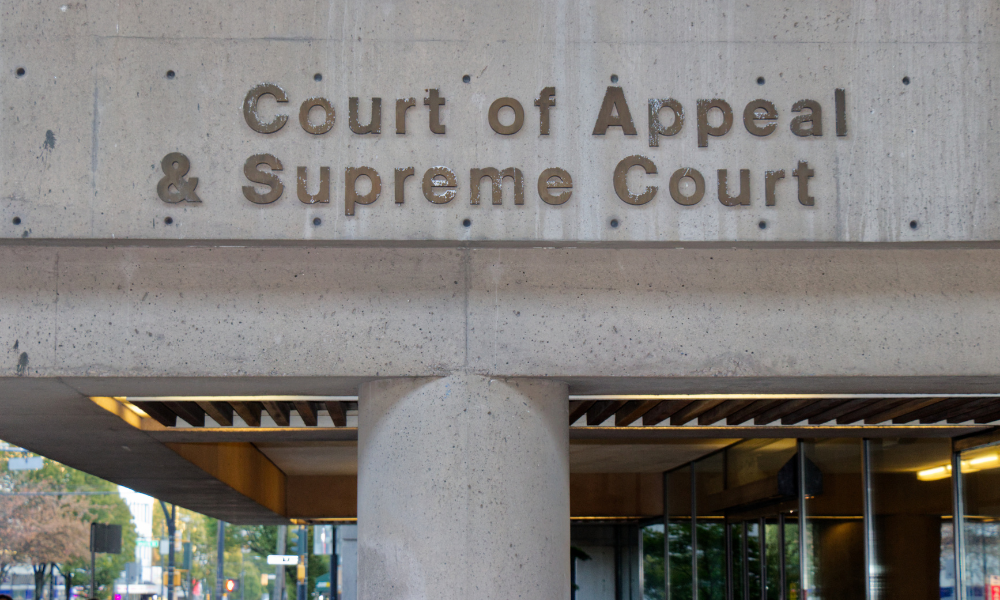
The court reaffirmed the high threshold required to prove judicial bias

The Supreme Court of British Columbia dismissed a recusal application in a family law dispute and reaffirmed that a litigant's dissatisfaction with court rulings does not prove judicial bias.
In A.N.H. v L.D.B, 2025 BCSC 207, the claimant sought to have the presiding judge step down, alleging partiality and improper judicial conduct.
The court highlighted that the judge facing a recusal application must decide the matter. In considering the application, the court relied on established legal principles regarding judicial impartiality, emphasizing the high threshold required to prove bias.
The claimant alleged bias based on prior rulings in which the judge dismissed actions the claimant had filed on behalf of his children. He also contended that the judge's relationship with a previous trial judge gave rise to an apprehension of bias. The court rejected these arguments, concluding that an informed and reasonable person would not perceive any likelihood of bias.
The decision detailed the claimant's extensive history of litigation. Initially filed in 2010, the case has seen multiple trials, appeals, and related actions in British Columbia, Saskatchewan, and the Federal Court of Canada. In 2017, the court declared the claimant was a vexatious litigant, restricting his ability to file new proceedings without leave of the court. Despite these restrictions, he has initiated legal actions, including claims against judges and government officials.
A key issue underlying the recusal application was the claimant's refusal to comply with a 2022 court order requiring a Views of the Child report. The report, meant to assess the children's perspectives, was ordered to be prepared at the claimant's expense. Instead of complying, the claimant sought a complete section 211 report by a different expert, a request the court denied. The Court of Appeal upheld the original order and emphasized that the claimant could not justify a variation by refusing to comply.
The Supreme Court noted that the claimant's litigation tactics included filing a large volume of affidavits and applications, many of which contained inadmissible evidence or sought relief beyond the court's authority.
The claimant's submissions supporting his recusal application focused on his failure to obtain leave to file applications. He suggested the judge had a "zero tolerance policy" against him. The court rejected this argument and emphasized that legal principles, not a litigant's dissatisfaction with outcomes, must guide judicial decisions.
During oral submissions, the claimant abandoned his arguments midway through the hearing, stating that he had lost confidence in the judge and left the courtroom. The court proceeded with the hearing in his absence, considering the respondent's submissions and the claimant's written arguments.
The court concluded that the claimant had failed to meet the high threshold required to establish bias or judicial misconduct. Ultimately, the court dismissed the recusal application. Additionally, citing the claimant's repeated recusal applications and obstructionist litigation conduct, the court prohibited him from making further recusal applications and imposed a fine payable to the respondent under s. 221 of the Family Law Act.